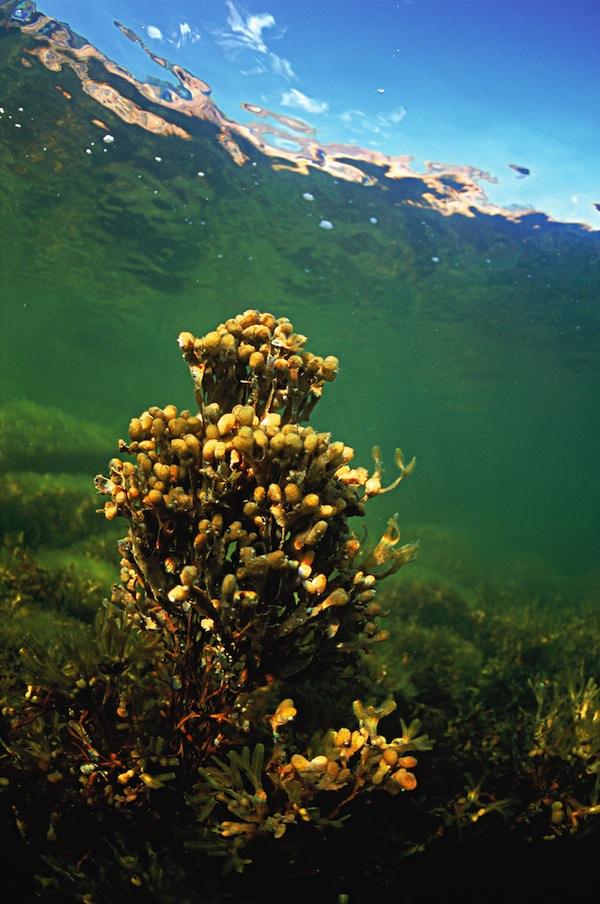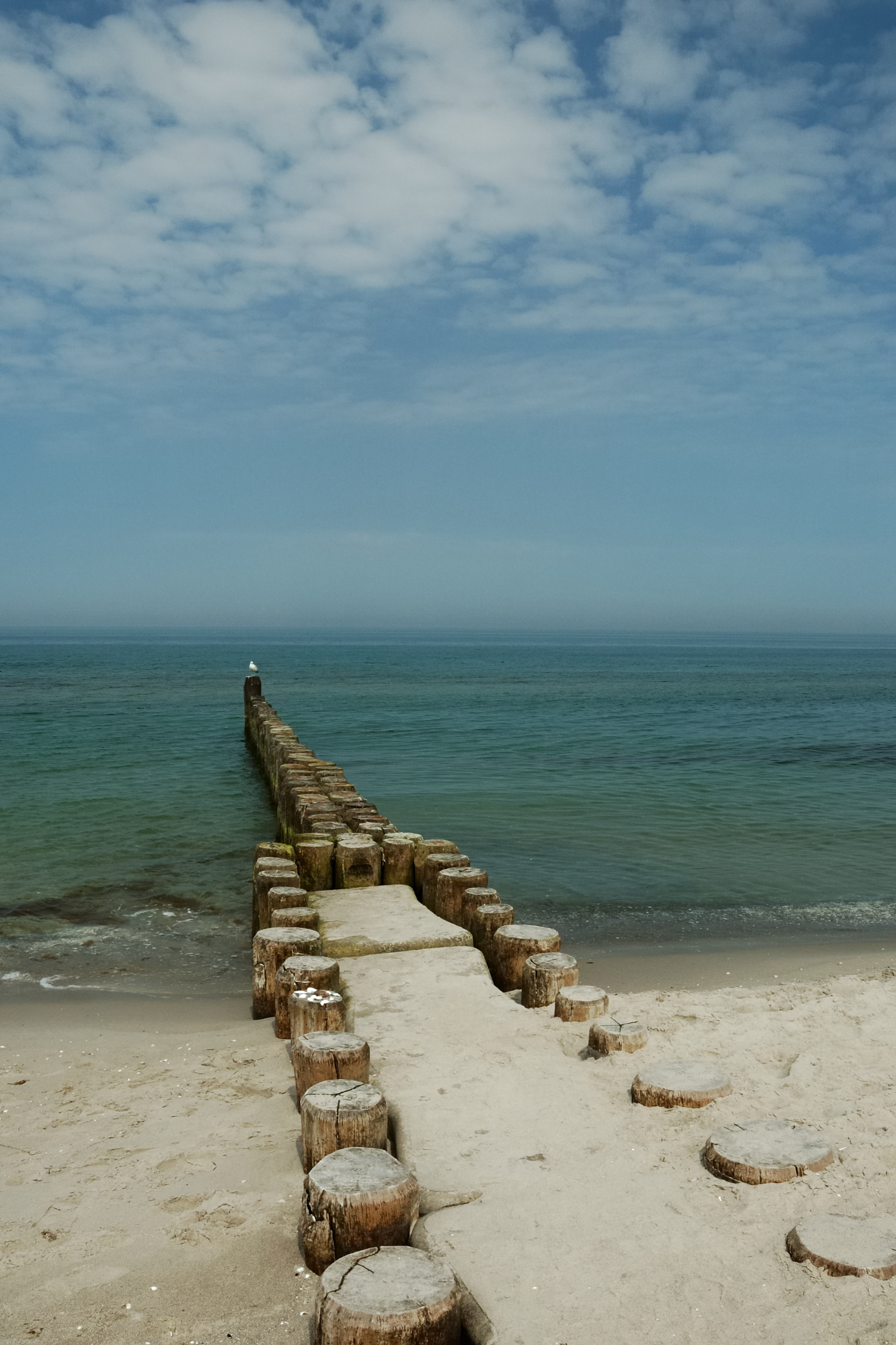 Many countries in the Northern Dimension – a broad area around the Barents and Baltic seas – suffer from pollution caused by poor waste-water treatment, insufficient energy efficiency measures and inadequate municipal, agricultural and nuclear waste management. Several poorer countries in the Northern Dimension Area lack the resources and expertise to tackle these environmental issues and areas such as north-west Russia need additional funds to make environmental projects commercially viable.
Many countries in the Northern Dimension – a broad area around the Barents and Baltic seas – suffer from pollution caused by poor waste-water treatment, insufficient energy efficiency measures and inadequate municipal, agricultural and nuclear waste management. Several poorer countries in the Northern Dimension Area lack the resources and expertise to tackle these environmental issues and areas such as north-west Russia need additional funds to make environmental projects commercially viable.
To help tackle this problem, the Northern Dimension Environmental Partnership (NDEP) provides a strong international framework that promotes cooperation between partner governments, the European Commission, donors and international financial institutions (IFIs). The NDEP framework enable the creation of financing structures that combine loans, grants and local budget funding which can be used for priority environmental investments.
For environmental projects, NDEP grants complement loans provided by IFIs and these in turn can leverage further local and international funding. The NDEP grants offer an incentive for environmental projects that may not otherwise be financially viable or unable to achieve satisfactory environmental targets without additional assistance.
The Northern Dimension Area also has one of the largest repositories if nuclear waste in the world and NDEP funding is therefore also used for priority nuclear safety projects. Nuclear safety projects are developed in close cooperation with the Russian authorities and Russian and international experts and NDEP grants are designed to fully cover the investment costs.
NDEP’s pipeline of environmental projects deal with water and wastewater treatment, management of municipal and agricultural waste and energy efficiency. Its nuclear safety projects assist with spent nuclear fuel and radioactive waste management. The NDEP is helping deliver real benefits to the environment and to all the citizens of Northern Dimension Area countries.
A groundbreaking venture
NDEP has a unique ability to bring partners and initiatives together to facilitate fundraising for priority environmental projects, pooling the collective expertise and resources of the IFIs active in the region: EBRD, EIB, NIB, NEFCO and the World Bank. Each project is assigned an IFI that acts as Lead Implementing Agency to manage a project from inception to completion. Through their expertise the IFIs identify and develop new projects which, once approved by the NDEP contributors, follow an organised and transparent implementation programme which adhere to the procurement rules of the lead IFI.
 Environmental collaboration
Environmental collaboration
For projects concerning the Baltic Sea, NDEP cooperates with the Helsinki Commission (HELCOM) and its Baltic Sea Action Plan aimed at eliminating remaining hot spots that have cross-border effects. NDEP closely follows the activities of the Northern Dimension initiative established in 2006 by the European Commission, Russia, Norway and Iceland and complements the new EU Baltic Sea Strategy. For projects regarding the Barents Sea, NDEP works in conjunction with the Barents Euro-Arctic Council.
Addressing the nuclear waste challenge
The Partnership’s nuclear window has become a major multilateral initiative in dealing with nuclear waste management in north-west Russia. Its focus is on the Kola Peninsula, Archangelsk and Murmansk regions, which constitute the largest repository of nuclear waste in the world. The NDEP carries forward the work of the Contact Expert Group of the International Atomic Energy Agency (IAEA). Established in 1996, the Contact Expert Group is an international specialist forum for consultation on principles and practice for nuclear waste management in Russia.